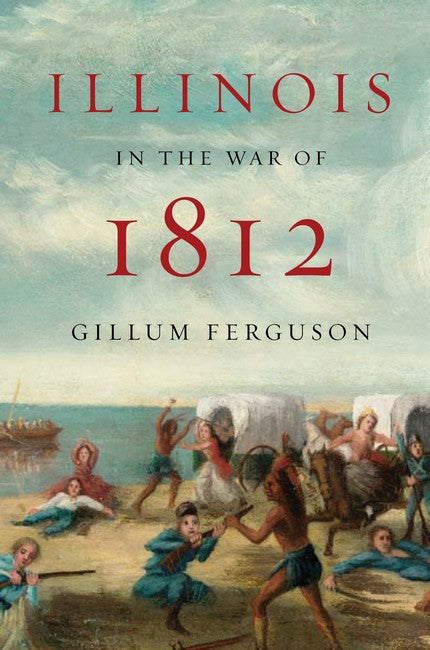On the eve of the War of 1812, the Illinois Territory was a new land of bright promise. The new territory ran from the junction of the Ohio and Mississippi rivers north to the U.S. border with Canada, embracing the current states of Illinois and Wisconsin, together with a part of the Upper Peninsula of Michigan. By 1812 immigrant farmers had gathered in the wooded fringes around prime agricultural land, looking out over the prairies with longing and trepidation. Six years later, Illinois was populous and confident enough to seek and receive admission as a state in the Union. What had intervened was the War of 1812, which ultimately broke the power and morale of the Indian tribes and deprived them of the support of their ally, Great Britain. Until the war was concluded by the Treaty of Ghent in 1817, there were massacres by both sides, setting a tone for later betrayal of friendly tribes and continued attacks against Indians throughout the territory. In this engrossing new history, published upon the war's bicentennial, Gillum Ferguson underlines the crucial importance of the War of 1812 in the development of Illinois as a state. The history of Illinois in the War of 1812 has never before been told with as much attention to the personalities who fought it, the events that defined it, and its lasting consequences. Gilum Ferguson is an attorney practicing in Naperville, Illinois. His articles have appeared in The Journal of Illinois History, The Journal of the Illinois State Historical Society, Illinois Bar Journal, and other journals.

